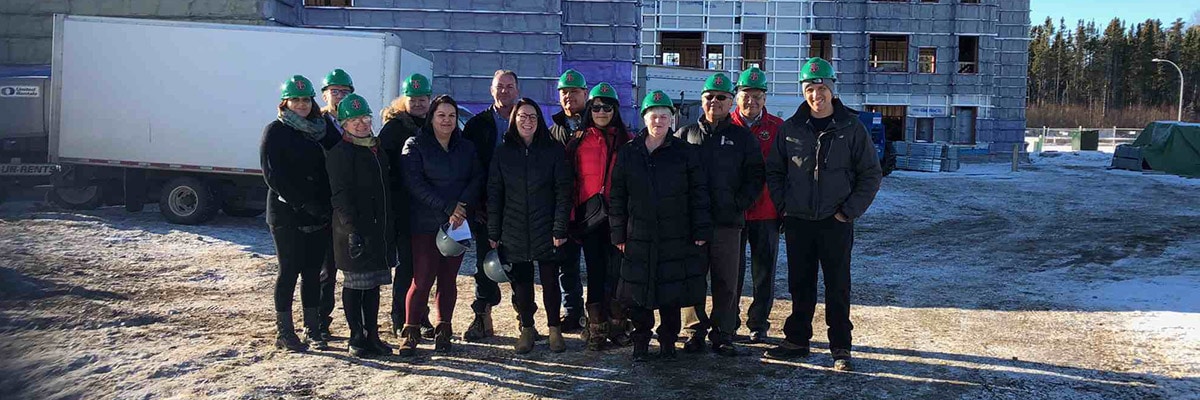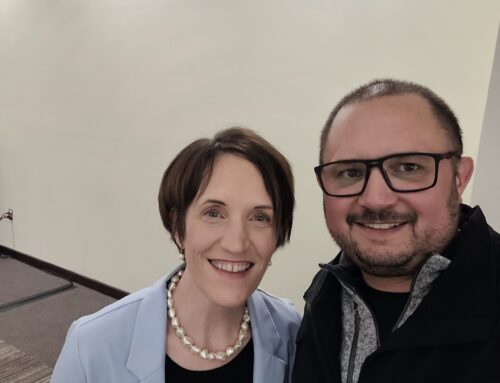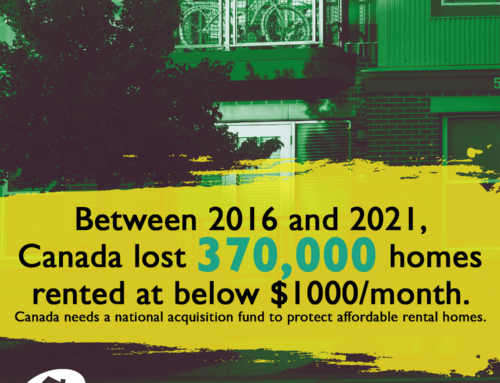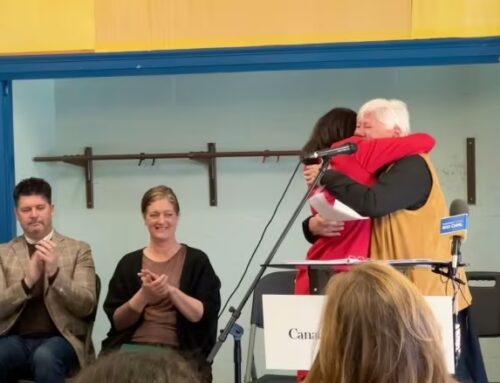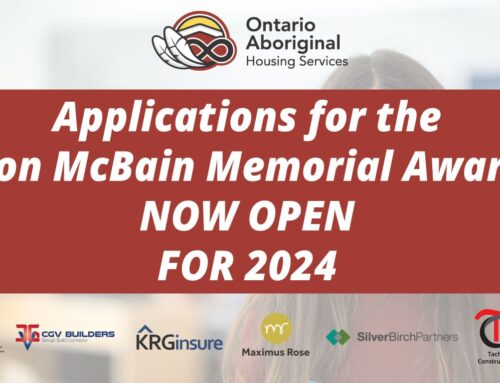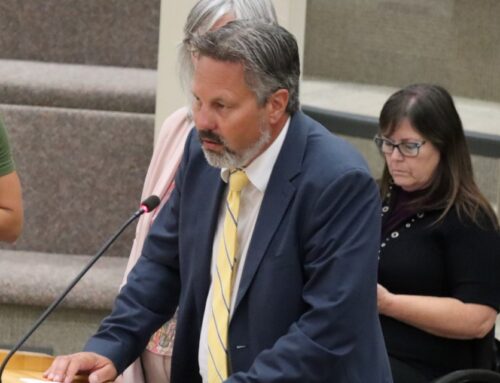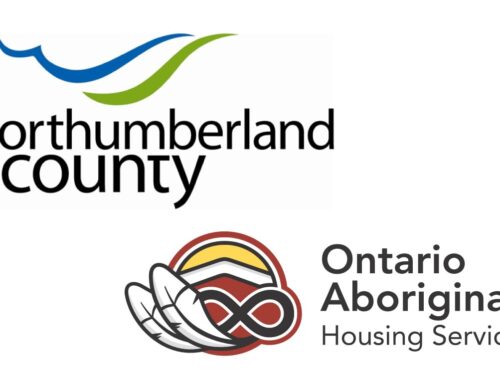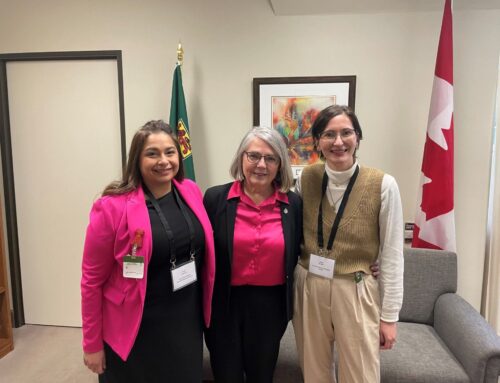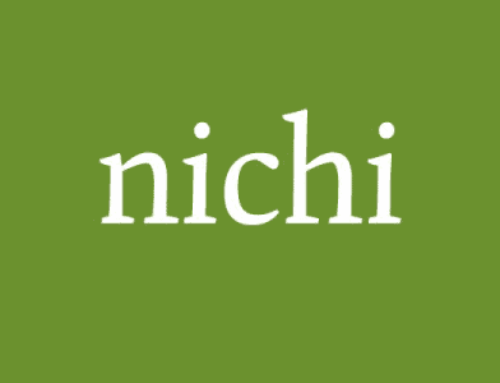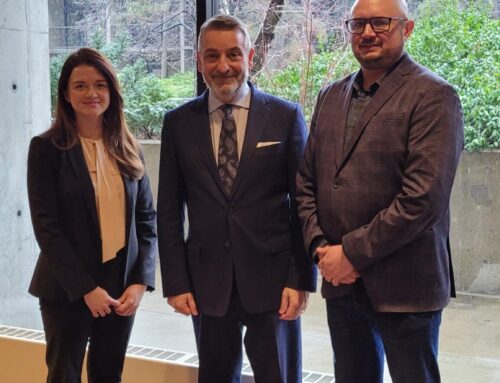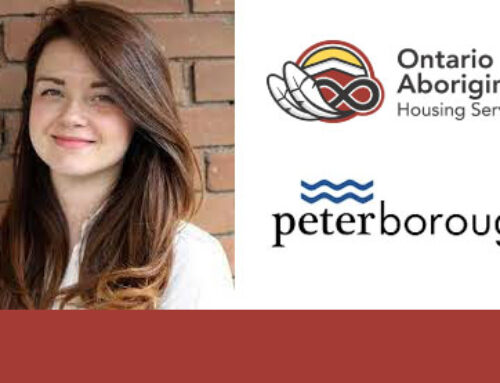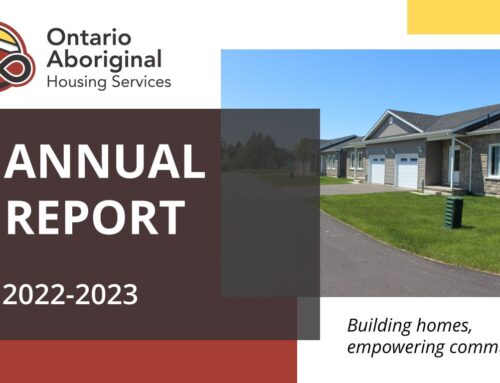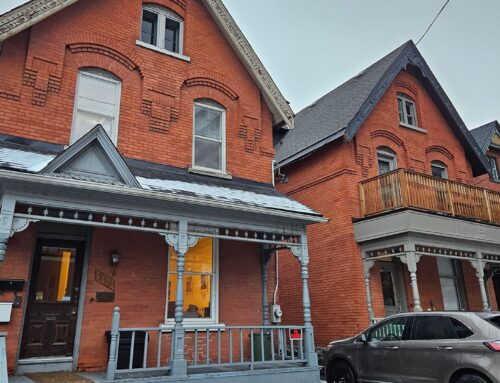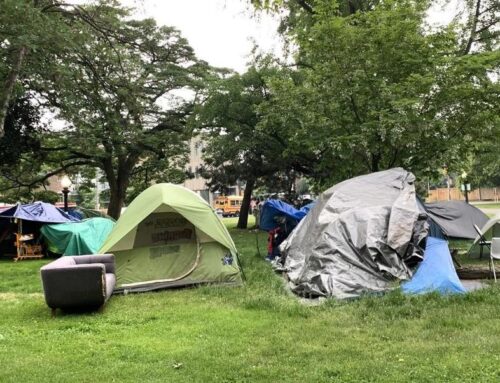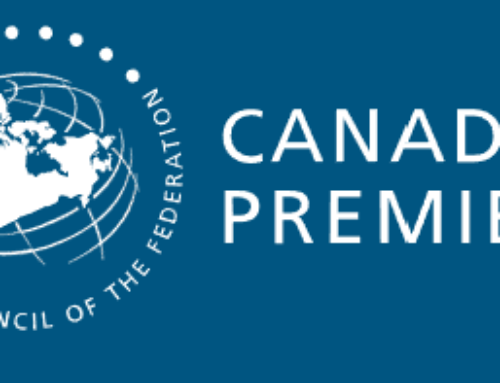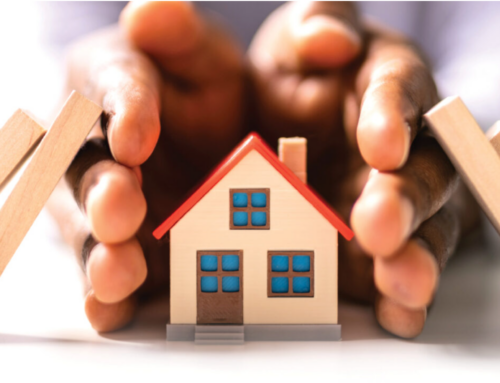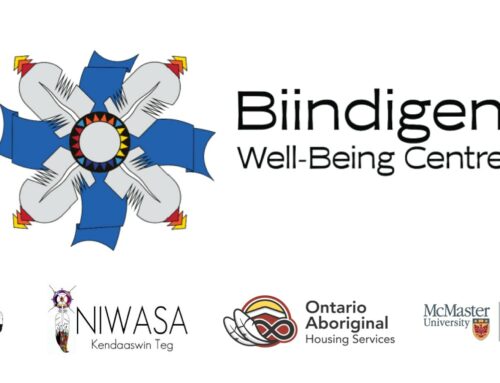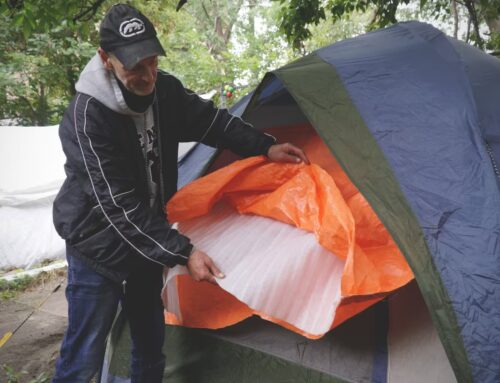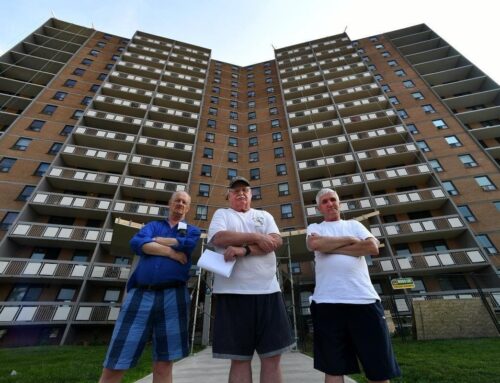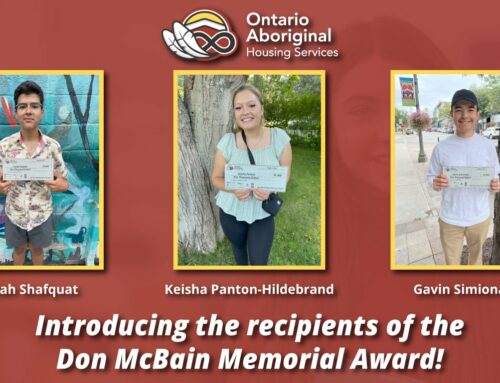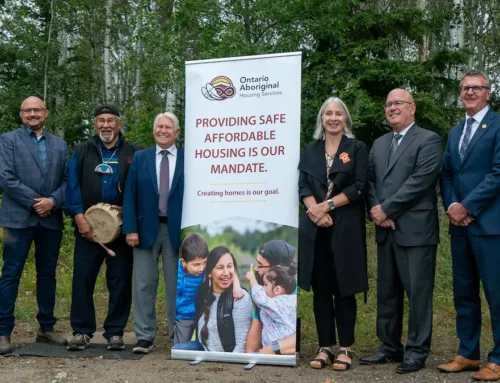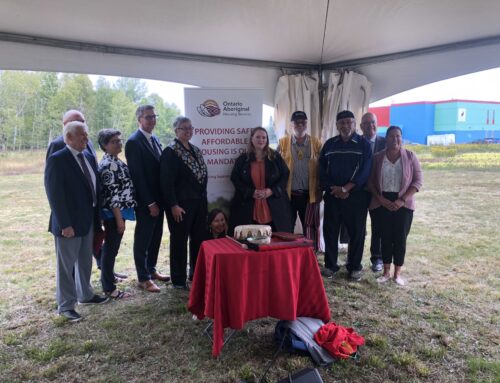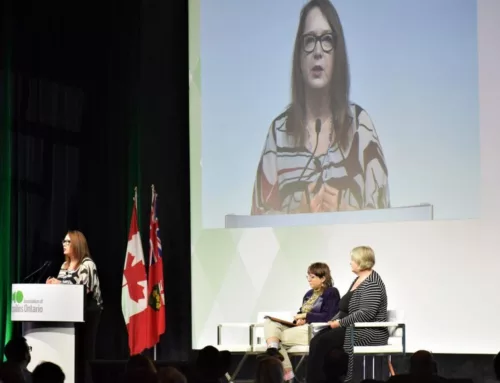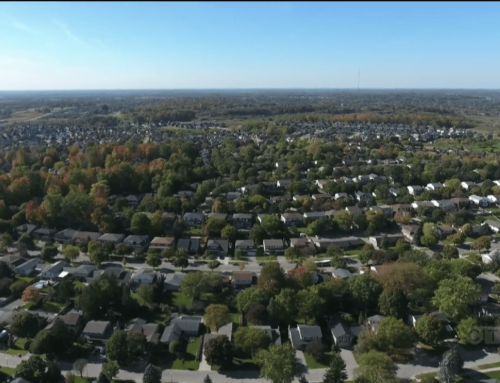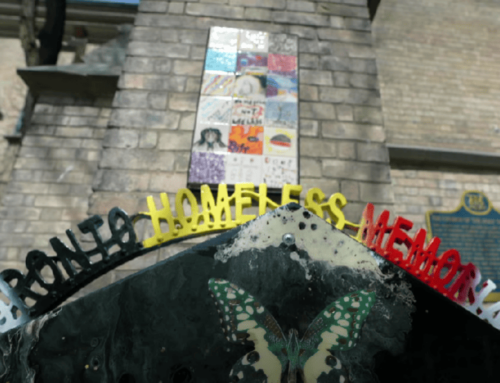Published on: June 18, 2020
“Housing is one of the most significant social determinants of health – and it’s so important for expectant mothers,” says Justin Marchand, Executive Director at Ontario Aboriginal Housing Services (OAHS). “That’s why we’re giving them the support they need, before and after they give birth.”
OAHS provides safe, affordable housing for urban and rural First Nation, Inuit and Métis people in Ontario. On any given day, they’re helping to house approximately 10,000 Indigenous and non-Indigenous people. “86% of indigenous people live off-reserve in Ontario, and the need for housing, as surveyed by Stats Can, is more than 50% higher for indigenous people than it is for the general population,” says Justin. “People who have access to safe affordable housing are in a better position to further their education and pursue employment opportunities.”
OAHS’ work takes many forms – recently, for example, they partnered with the Kenora District Services Board to create the Sioux Lookout Pre- and Post-Natal Development, which provides pre- and post-natal support to Indigenous mothers, infants and their families.
32 First Nations in that part of the province don’t have hospitals, which means pregnant women from those Nations who want to give birth at a hospital must fly to Sioux Lookout – at no more than 36 weeks pregnant – and move into short-term housing. If they have high-risk pregnancies or complications, they may need to travel even earlier. There’s not a lot of affordable housing in the area, so women generally end up staying at hostels, emergency shelters or hotels. Given that, it’s not surprising that a Kenora District Service Board Needs Assessment revealed that many local Indigenous women and their families did not have the support and adequate housing they need to make their journey into motherhood a safe one.


